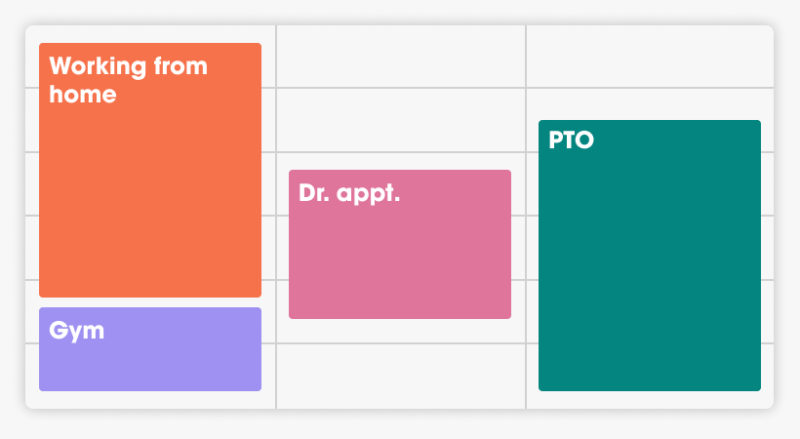
Want to Close More Top Candidates? Here's How to Use a "Reverse Interview"
Experienced recruiters love to say in any interview, the candidate is also assessing you. That you need to balance technical assessment alongside selling the opportunity, making sure the candidate comes to understand why your company is such a great place to work.
But in reality, how much interview time are you allotting for the candidate to assess the company? Here’s a fact I just made up based on my own experience: most interviewers cut off their regularly scheduled programming with about 5 minutes left, with all the deftness and fluidity it takes to ask “what questions do you have for me?”
5 minutes. If i’m trying to learn about a company, 5 minutes isn’t going to yield me anything I couldn’t learn from their website or Glassdoor profile. That’s why the former Head of Technical Recruiting at One Medical Viet Nguyen has worked in an additional stage he calls the “Reverse Interview”.
In this interview, the candidate has the option to request another interview with any of the people they met with, this time following their own structure, giving them plenty of time to get a peek under the hood and ask the hard questions. Though the interview is optional, Viet says 8/10 candidates choose to go through with it. That’s a significant majority, and should tell you one thing: candidates do not feel they are getting a comprehensive view of your company from the standard interview process.
Related: Take a deep dive into why reverse interviews are a great way to close your top candidates. They also build alignment with hiring teams and a strong foundation for employee retention. Get these insights into a better hiring process in Difficulty Keeping Your Top Tech Talent? This Could Be Why (& What to Do About It).
Later, Viet and your fearless host dive into soft-core competencies, such as collaborative skills, transparency, and grit. As Viet has come to find, someone can be too competent in these areas, which leads to unique challenges that require nuanced and delicate management. We unpack all this and more in the most recent episode of your favorite recruiting podcast, Talk Talent To Me.
You can stream the full episode below, and don’t forget to subscribe via iTunes, Google Play, or anywhere else fine podcasts are streamed.
Check out our list of the best reverse interview questions, as well as other resources for employers, like this Reverse Interview Prep Checklist (template) and this checklist template for hiring managers for more basic questions from candidates.
Related blog posts

Evaluating Recruiting Metrics: “Time to Fill” vs. “Speed to Hire”
Are you tracking time to fill or speed to hire? Well, you should be tracking both. Together they...

AI in Talent Acquisition, Talent Sourcing Analytics, & More: Talk Talent to Me May ’23 Recap
Catch up on the May 2023 episodes of Hired’s Talk Talent to Me podcast featuring recruiting and...

How to Onboard Successfully & More: Talk Talent to Me December ’22 Recap
Catch up on the December 2022 episodes of Hired’s Talk Talent to Me podcast featuring...

Investing in Early Talent, Relearning, & More: Talk Talent to Me April ’23 Recap
Catch up on the April 2023 episodes of Hired’s Talk Talent to Me podcast featuring recruiting...

2023 Survey Results: Top 3 Benefits Ranked by Engineers (Besides Salary)
From layoffs, hiring freezes, inflation, and the explosion of AI, we’ve seen significant shifts in...

4 Offer Stage Strategies to Win Top Candidates
Getting a candidate to the offer stage You’ve run a seamless process. Your hiring manager and...

